- Osaka, Japan
16 Oct '18
“Osaka is a designated city in the Kansai region of Honshu in Japan. It is the
capital of and most populous city in Osaka Prefecture, and the third most
populous city in Japan, following Tokyo and Yokohama. With a population of 2.7
million, it is also the largest component of the Keihanshin Metropolitan Area,
which is the second-largest metropolitan area in Japan and the 10th largest
urban area in the world with more than 19 million inhabitants.”
- Tokyo, Japan
12 Oct '18
“Tokyo, formerly Edo, historically Tokio, and officially the Tokyo Metropolis,
is the capital and largest city of Japan. Its metropolitan area is the most
populous in the world, with an estimated 37.468 million residents. Its
metropolitan area is the largest in size and the most populous, with an area
of 13,452 square kilometers and its city proper has a population of 13.99
million people. Located at the head of Tokyo Bay, the prefecture forms part of
the Kantō region on the central Pacific coast of Japan’s main island of
Honshu. Tokyo is the political and economic center of the country, as well as
the seat of the Emperor of Japan and the national government.”
- Melbourne, Australia
4 Oct '18
“Melbourne is the capital and most-populous city of the Australian state of
Victoria, and the second-most populous city in both Australia and Oceania. Its
name generally refers to a 9,993 km2 (3,858 sq mi) metropolitan area known as
Greater Melbourne, comprising an urban agglomeration of 31 local
municipalities, although the name is also used specifically for the local
municipality of City of Melbourne based around its central business area. The
city occupies much of the northern and eastern coastlines of Port Phillip Bay
and spreads into the Mornington Peninsula, West Gippsland, as well as the
hinterlands towards the Yarra Valley, the Dandenong and Macedon Ranges. It has
a population over 5 million, mostly residing to the east side of the city
centre, and its inhabitants are commonly referred to as ‘Melburnians’.”
- Nadi, Fiji
21 Sep '18
“Nadi is the third-largest conurbation in Fiji. It is located on the western
side of the main island of Viti Levu, and had a population of 42,284 at the
most recent census. A 2012 estimate showed that the population had
grown to over 50,000. Nadi is multiracial with many of its inhabitants Asians,
Indian or Indigenous Fijians, along with a large transient population of
foreign tourists. Along with sugar cane production, tourism is a mainstay of
the local economy.”
- Sydney, Australia
17 Sep '18
“Sydney is the capital city of the state of New South Wales, and the most
populous city in both Australia and Oceania. Located on Australia’s east
coast, the metropolis surrounds Sydney Harbour and extends about 70 km (43.5
mi) towards the Blue Mountains to the west, Hawkesbury to the north, the Royal
National Park to the south and Macarthur to the south-west. Sydney is made up
of 658 suburbs, spread across 33 local government areas. Residents of the city
are known as ‘Sydneysiders’.”
- Oahu, Hawaii
11 Sep '18
“Oahu, also known as “The Gathering Place”, is the third-largest of the
Hawaiian Islands. It is home to roughly one million people—over two-thirds of
the population of the U.S. state of Hawaii. The island is within Honolulu
County and the state capital, Honolulu, is on Oahu’s southeast coast. The
island of Oʻahu constitutes the bulk of Honolulu County and had a population
of 1,016,508.”
 “Osaka is a designated city in the Kansai region of Honshu in Japan. It is the capital of and most populous city in Osaka Prefecture, and the third most populous city in Japan, following Tokyo and Yokohama. With a population of 2.7 million, it is also the largest component of the Keihanshin Metropolitan Area, which is the second-largest metropolitan area in Japan and the 10th largest urban area in the world with more than 19 million inhabitants.”
“Osaka is a designated city in the Kansai region of Honshu in Japan. It is the capital of and most populous city in Osaka Prefecture, and the third most populous city in Japan, following Tokyo and Yokohama. With a population of 2.7 million, it is also the largest component of the Keihanshin Metropolitan Area, which is the second-largest metropolitan area in Japan and the 10th largest urban area in the world with more than 19 million inhabitants.”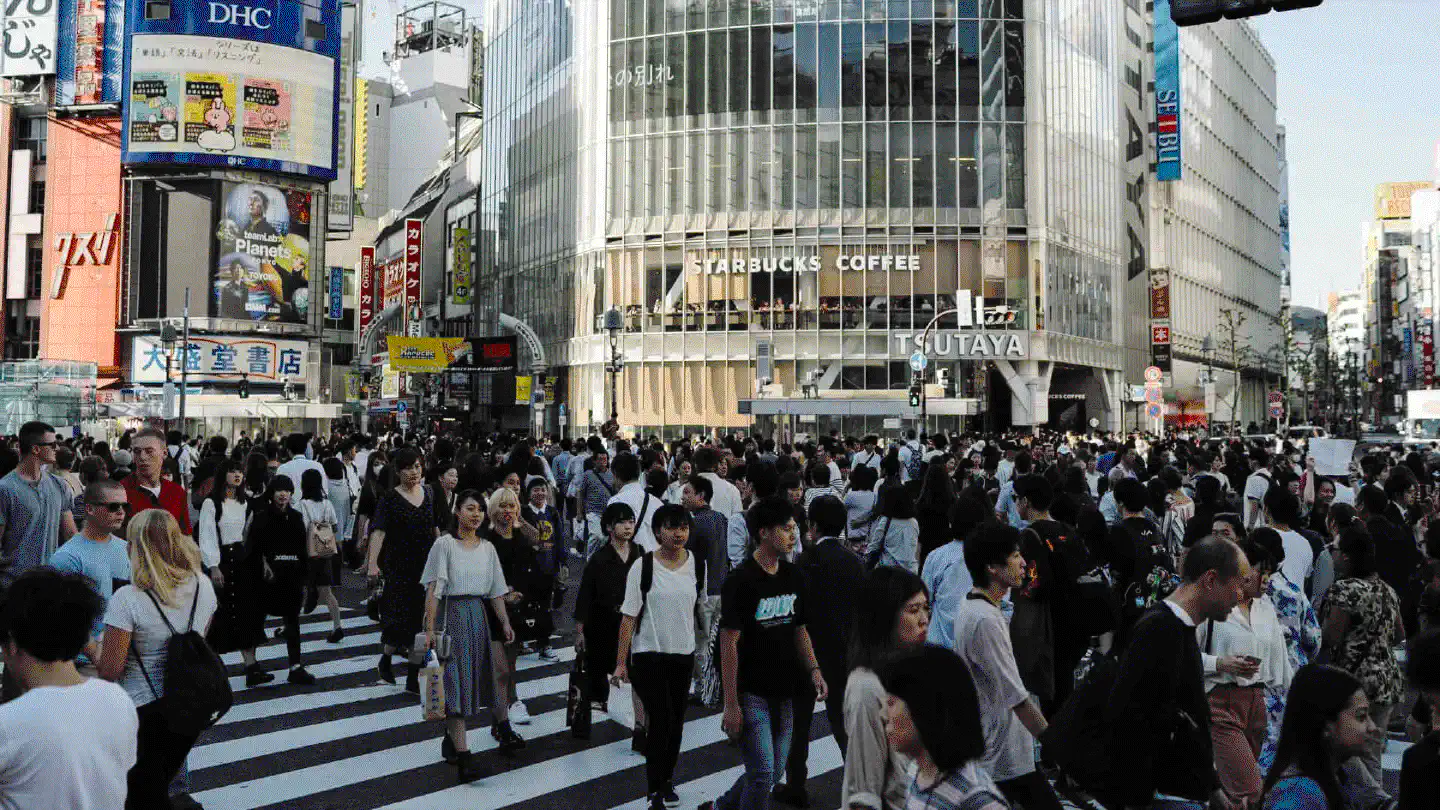 “Tokyo, formerly Edo, historically Tokio, and officially the Tokyo Metropolis, is the capital and largest city of Japan. Its metropolitan area is the most populous in the world, with an estimated 37.468 million residents. Its metropolitan area is the largest in size and the most populous, with an area of 13,452 square kilometers and its city proper has a population of 13.99 million people. Located at the head of Tokyo Bay, the prefecture forms part of the Kantō region on the central Pacific coast of Japan’s main island of Honshu. Tokyo is the political and economic center of the country, as well as the seat of the Emperor of Japan and the national government.”
“Tokyo, formerly Edo, historically Tokio, and officially the Tokyo Metropolis, is the capital and largest city of Japan. Its metropolitan area is the most populous in the world, with an estimated 37.468 million residents. Its metropolitan area is the largest in size and the most populous, with an area of 13,452 square kilometers and its city proper has a population of 13.99 million people. Located at the head of Tokyo Bay, the prefecture forms part of the Kantō region on the central Pacific coast of Japan’s main island of Honshu. Tokyo is the political and economic center of the country, as well as the seat of the Emperor of Japan and the national government.”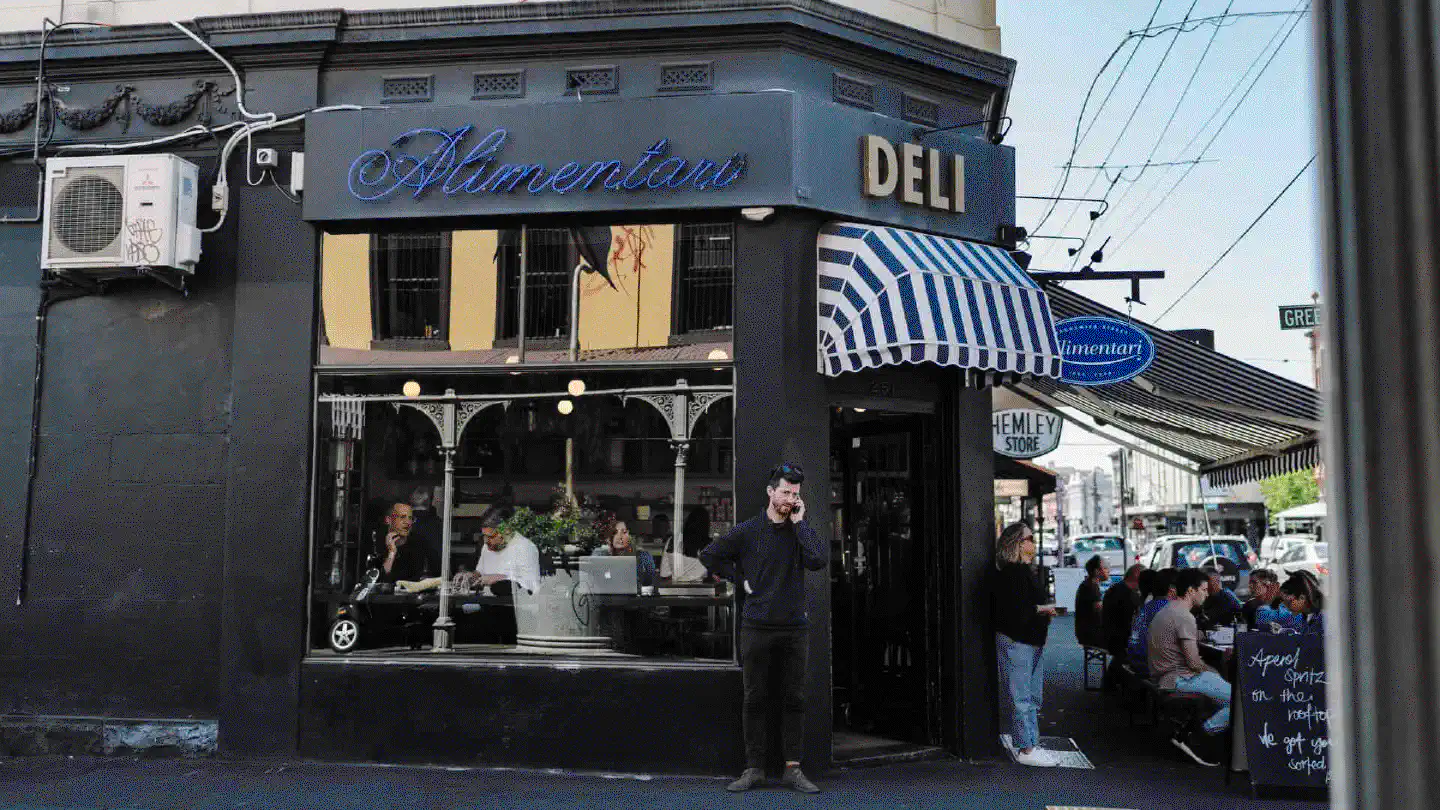 “Melbourne is the capital and most-populous city of the Australian state of Victoria, and the second-most populous city in both Australia and Oceania. Its name generally refers to a 9,993 km2 (3,858 sq mi) metropolitan area known as Greater Melbourne, comprising an urban agglomeration of 31 local municipalities, although the name is also used specifically for the local municipality of City of Melbourne based around its central business area. The city occupies much of the northern and eastern coastlines of Port Phillip Bay and spreads into the Mornington Peninsula, West Gippsland, as well as the hinterlands towards the Yarra Valley, the Dandenong and Macedon Ranges. It has a population over 5 million, mostly residing to the east side of the city centre, and its inhabitants are commonly referred to as ‘Melburnians’.”
“Melbourne is the capital and most-populous city of the Australian state of Victoria, and the second-most populous city in both Australia and Oceania. Its name generally refers to a 9,993 km2 (3,858 sq mi) metropolitan area known as Greater Melbourne, comprising an urban agglomeration of 31 local municipalities, although the name is also used specifically for the local municipality of City of Melbourne based around its central business area. The city occupies much of the northern and eastern coastlines of Port Phillip Bay and spreads into the Mornington Peninsula, West Gippsland, as well as the hinterlands towards the Yarra Valley, the Dandenong and Macedon Ranges. It has a population over 5 million, mostly residing to the east side of the city centre, and its inhabitants are commonly referred to as ‘Melburnians’.”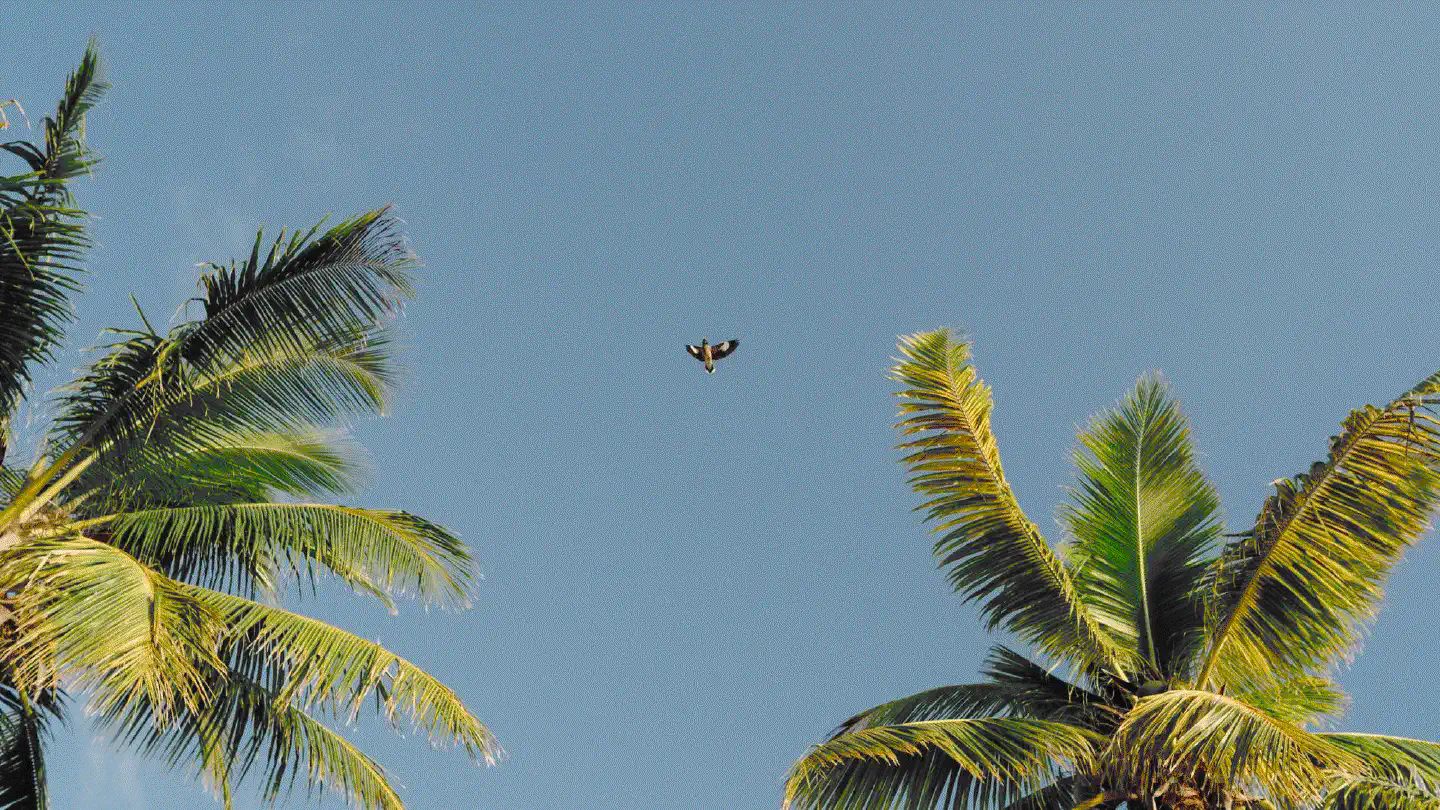 “Nadi is the third-largest conurbation in Fiji. It is located on the western side of the main island of Viti Levu, and had a population of 42,284 at the most recent census. A 2012 estimate showed that the population had grown to over 50,000. Nadi is multiracial with many of its inhabitants Asians, Indian or Indigenous Fijians, along with a large transient population of foreign tourists. Along with sugar cane production, tourism is a mainstay of the local economy.”
“Nadi is the third-largest conurbation in Fiji. It is located on the western side of the main island of Viti Levu, and had a population of 42,284 at the most recent census. A 2012 estimate showed that the population had grown to over 50,000. Nadi is multiracial with many of its inhabitants Asians, Indian or Indigenous Fijians, along with a large transient population of foreign tourists. Along with sugar cane production, tourism is a mainstay of the local economy.”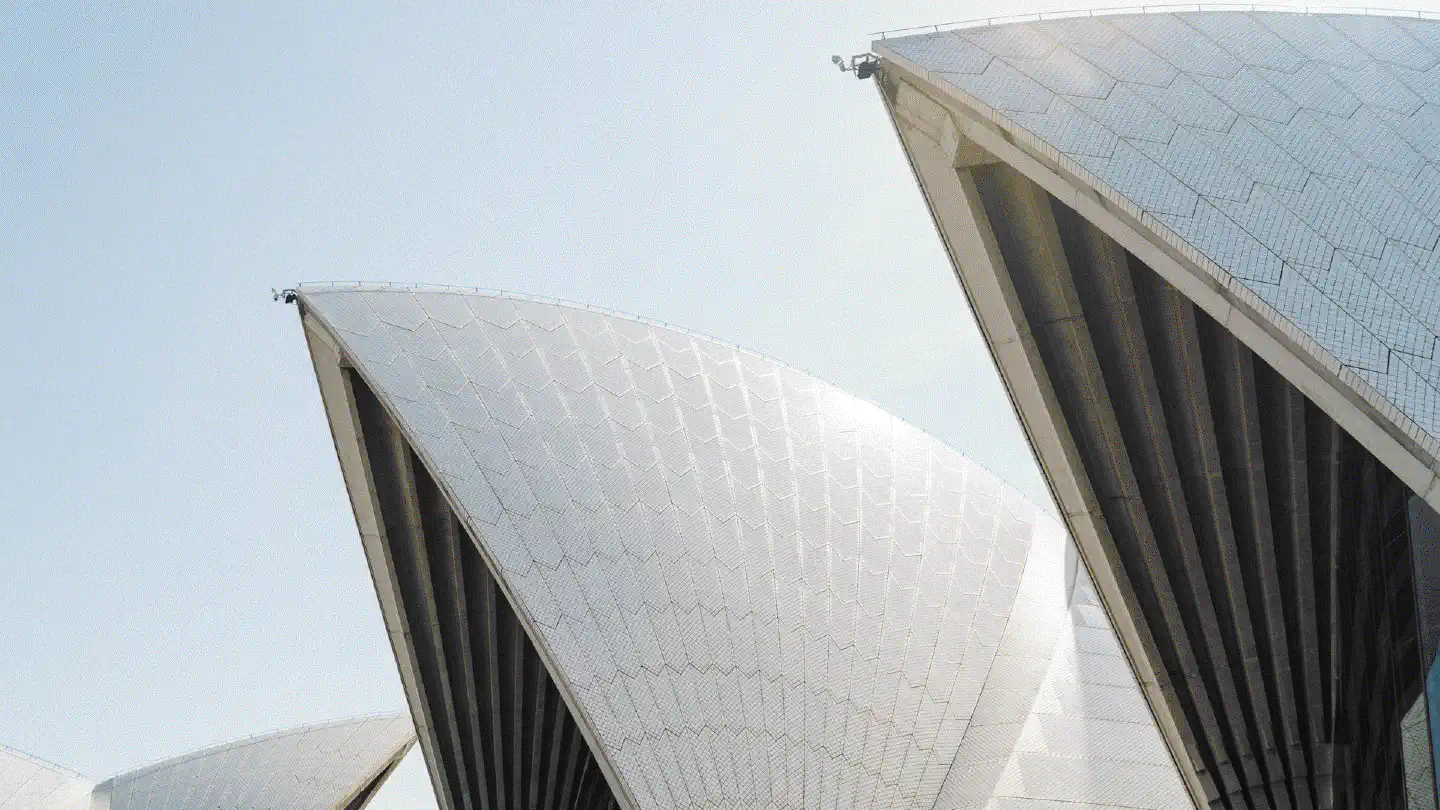 “Sydney is the capital city of the state of New South Wales, and the most populous city in both Australia and Oceania. Located on Australia’s east coast, the metropolis surrounds Sydney Harbour and extends about 70 km (43.5 mi) towards the Blue Mountains to the west, Hawkesbury to the north, the Royal National Park to the south and Macarthur to the south-west. Sydney is made up of 658 suburbs, spread across 33 local government areas. Residents of the city are known as ‘Sydneysiders’.”
“Sydney is the capital city of the state of New South Wales, and the most populous city in both Australia and Oceania. Located on Australia’s east coast, the metropolis surrounds Sydney Harbour and extends about 70 km (43.5 mi) towards the Blue Mountains to the west, Hawkesbury to the north, the Royal National Park to the south and Macarthur to the south-west. Sydney is made up of 658 suburbs, spread across 33 local government areas. Residents of the city are known as ‘Sydneysiders’.”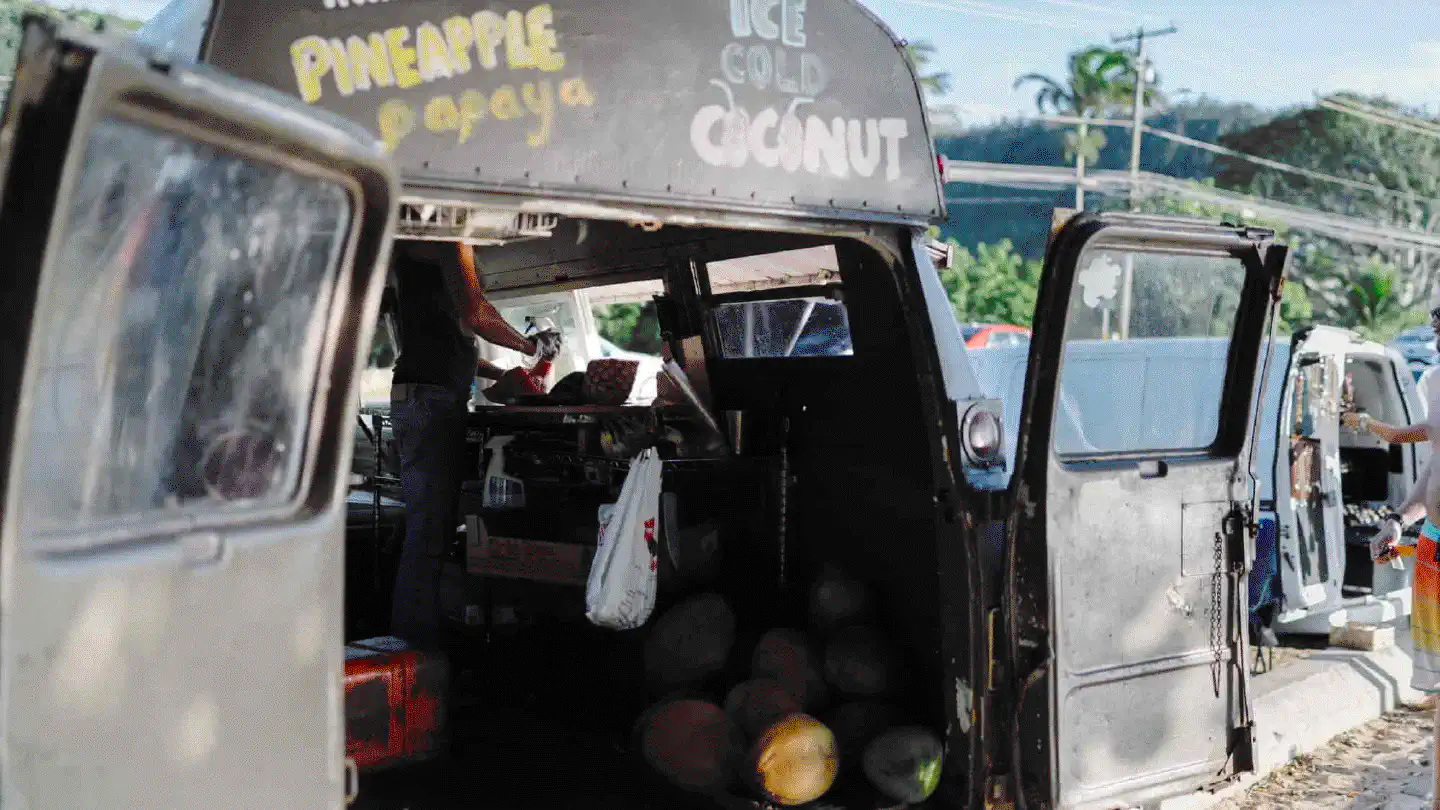 “Oahu, also known as “The Gathering Place”, is the third-largest of the Hawaiian Islands. It is home to roughly one million people—over two-thirds of the population of the U.S. state of Hawaii. The island is within Honolulu County and the state capital, Honolulu, is on Oahu’s southeast coast. The island of Oʻahu constitutes the bulk of Honolulu County and had a population of 1,016,508.”
“Oahu, also known as “The Gathering Place”, is the third-largest of the Hawaiian Islands. It is home to roughly one million people—over two-thirds of the population of the U.S. state of Hawaii. The island is within Honolulu County and the state capital, Honolulu, is on Oahu’s southeast coast. The island of Oʻahu constitutes the bulk of Honolulu County and had a population of 1,016,508.”